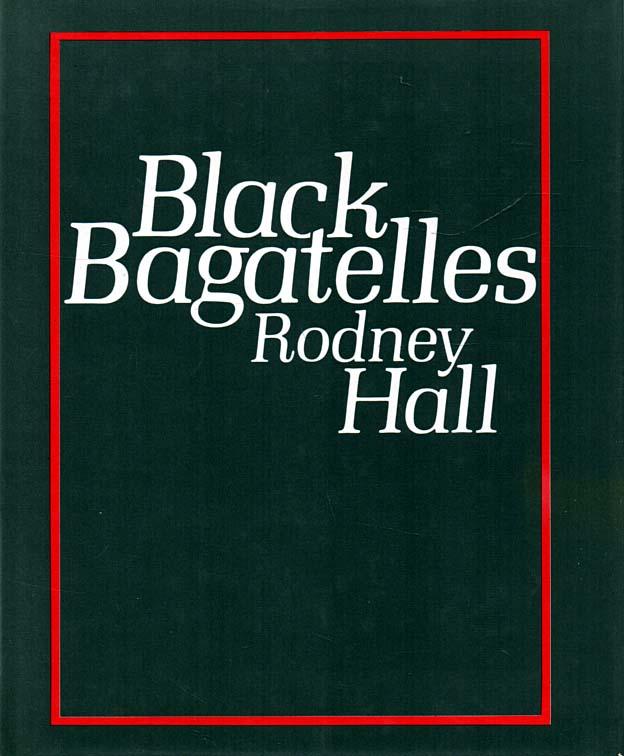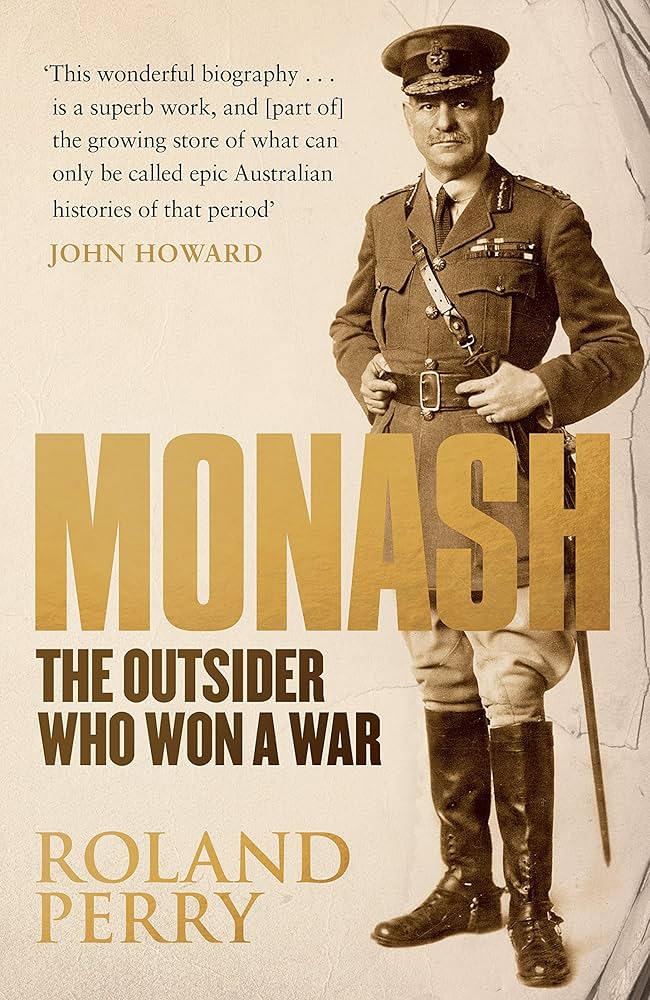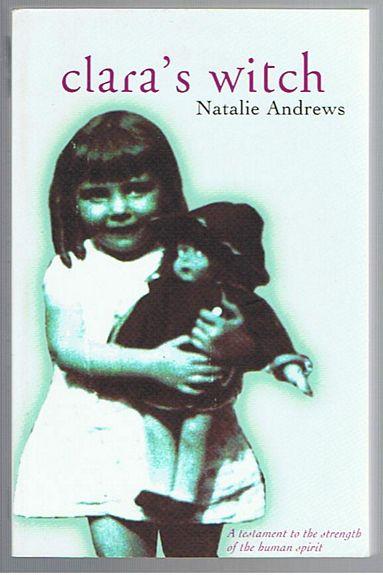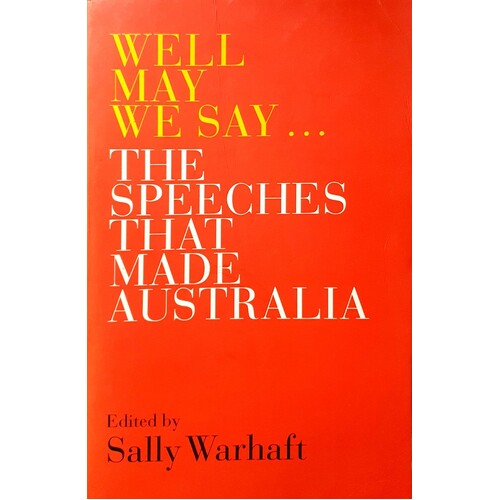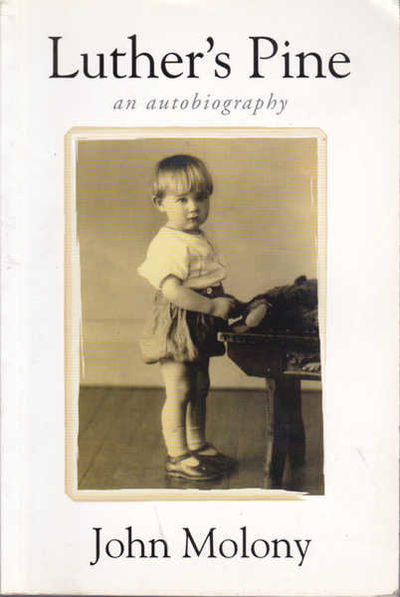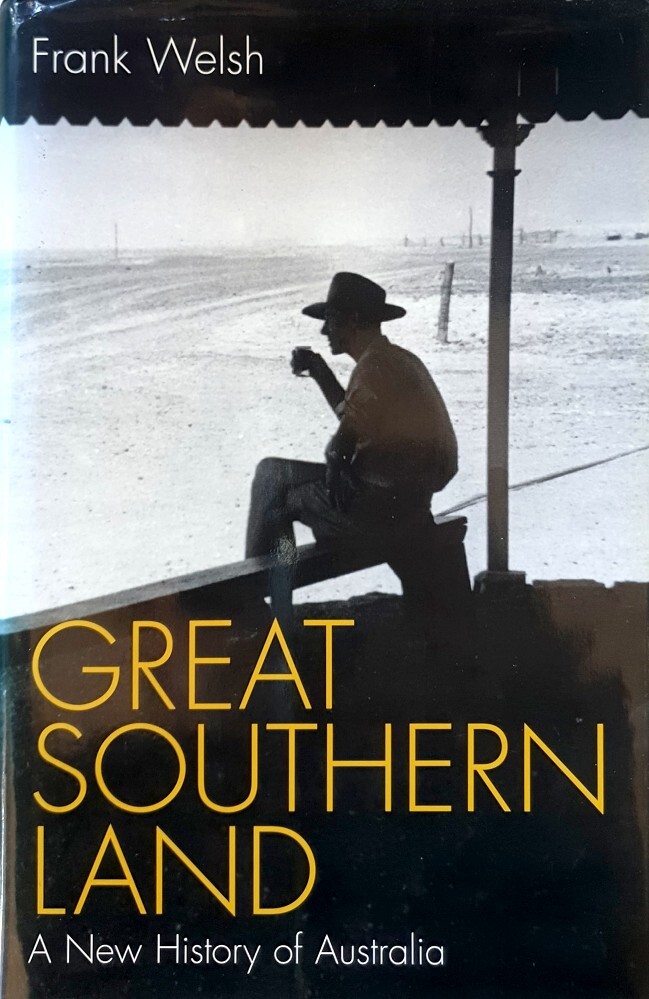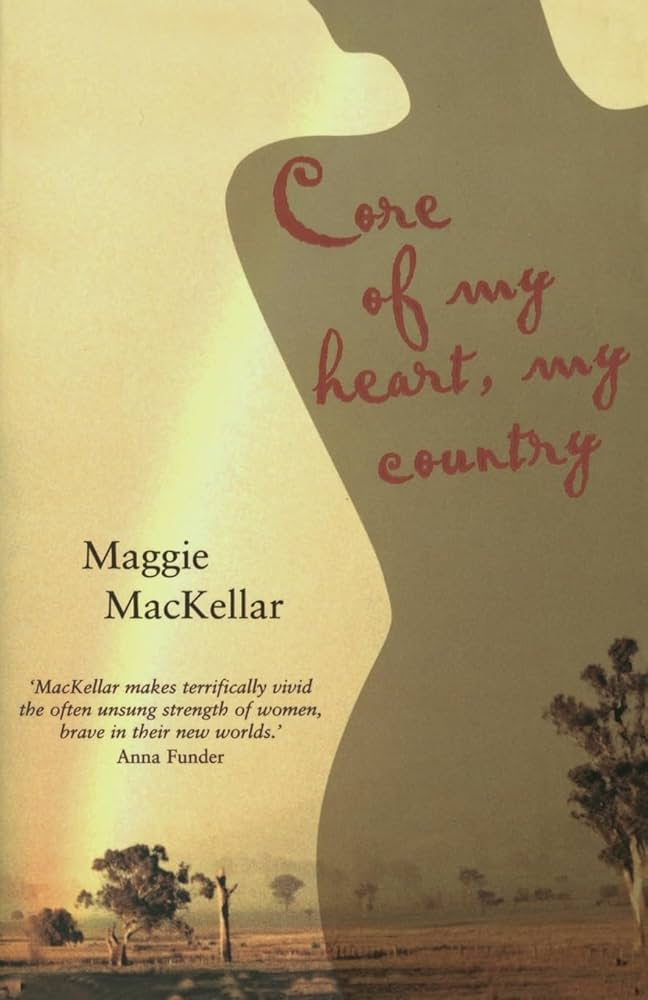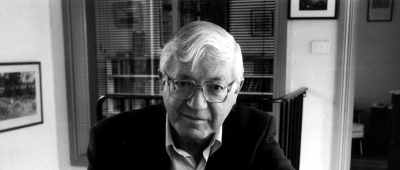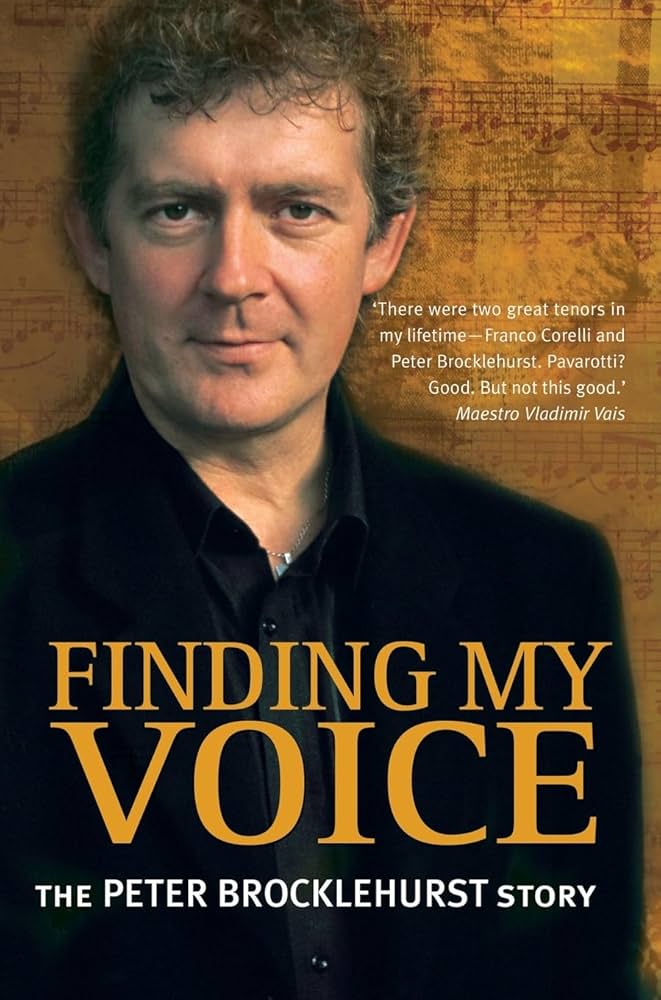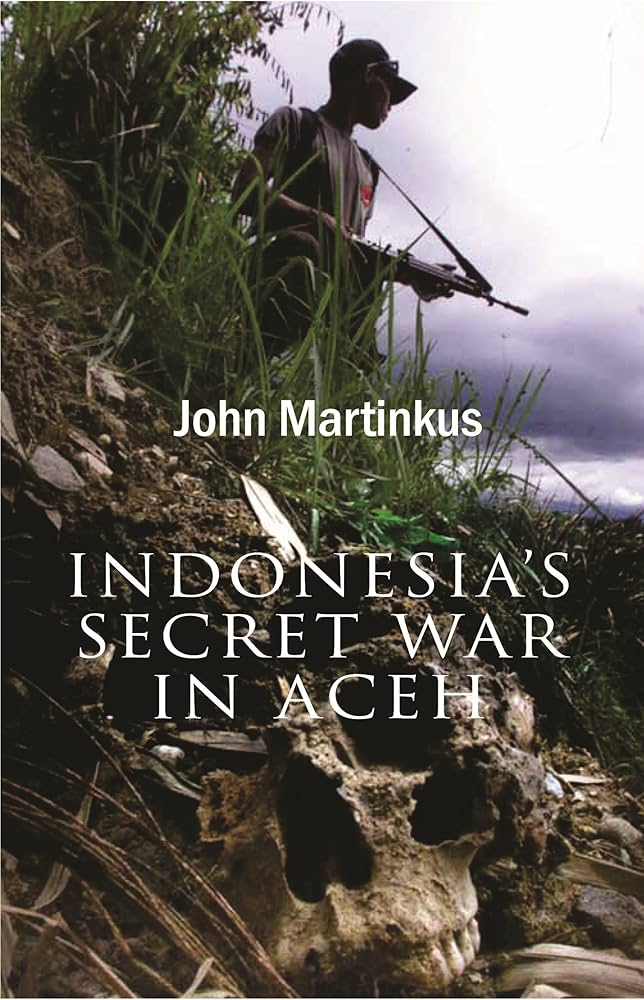Archive
Film | Theatre | Art | Opera | Music | Television | Festivals
Welcome to ABR Arts, home to some of Australia's best arts journalism. We review film, theatre, opera, music, television, art exhibitions – and more. To read ABR Arts articles in full, subscribe to ABR or take out an ABR Arts subscription. Both packages give full access to our arts reviews the moment they are published online and to our extensive arts archive.
Meanwhile, the ABR Arts e-newsletter, published every second Tuesday, will keep you up-to-date as to our recent arts reviews.
Recent reviews
Clara’s Witch by Natalie Andrews & Midnight Water by Gaylene Perry
Well May We Say edited by Sally Warhaft & Speaking for Australia by Rod Kemp and Marion Stanton
Great Southern Land: A New History of Australia by Frank Welsh
Core of My Heart, My Country: Women’s sense of place and the land in Australia and Canada by Maggie MacKellar
A biographer follows the life of a chosen person or a chosen group or people, or perhaps a particular scene or epoch. An autobiographer, like a snail outed by the Sun, looks back at his or her tracks and tries to explain how he or she got this far, possibly hinting at vindication or in more extravagant mode, self-immolation. Unfortunately I am a poet, and a prose writer only to earn a living. My field is verse, but l am involved on a daily basis with literature in diverse forms, especially journalism, broadcasting, and reviewing. I believe also that I am a secret biographer and autobiographer, as so much of the poetry I write and read shadows the functions of biography.
... (read more)
